interoperability

- 13 March, 2025
- blog
Spreading the Word About What Happened in Vegas
A well-known advertising slogan proclaims that "what happens in Vegas, stays in Vegas." But when it comes to the healthcare IT on display at HIMSS25, the mission is exactly the opposite — spread the news as far as possible.
Read Continue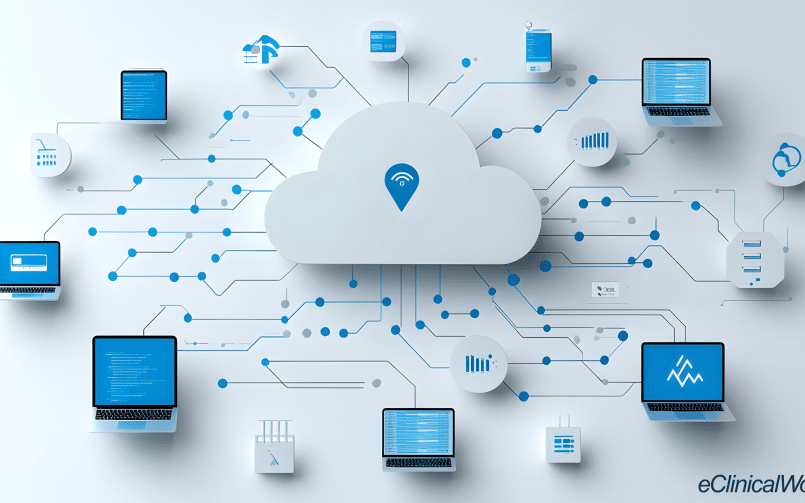
- 6 March, 2025
- blog
eClinicalWorks Leading Health Data Exchange with QHIN Designation
In a significant stride towards enhancing healthcare interoperability, eClinicalWorks®, recently achieved a significant milestone by being designated as a Qualified Health Information Network (QHIN).
Read Continue
- 9 January, 2025
- blog
Unveiling Trends Set to Transform Healthcare in 2025
In 2016, a paper in the Yearbook of Medical Informatics — Electronic Health Records: Then, Now, and in the Future — noted that although, over the previous 25 years, computer hardware had become "more affordable, powerful, and compact," many of the early expectations for the EHR had still not been realized.
Read Continue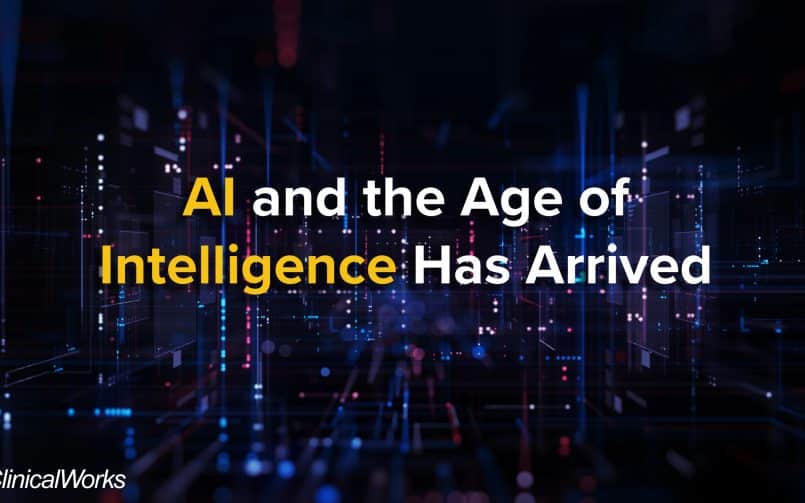
- 11 December, 2024
- blog
AI and the Age of Intelligence Has Arrived
Researchers, doctors, and the media often speak about breakthroughs in healthcare, from new diets and new medications to stamping out smoking and finding a cure for cancer. One key advancement is the rapid development of healthcare tools powered by artificial intelligence.
Read Continue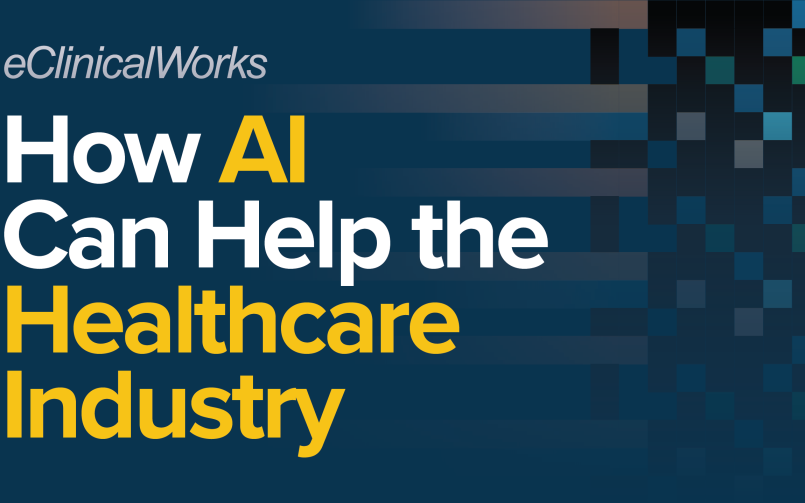
- 30 July, 2024
- blog
How AI Can Help the Healthcare Industry
eCW Poll Identifies Key Challenges and Solutions Whatever their specialty, however large their practice, and regardless of how diverse their patient populations may be, America's healthcare professionals share a common challenge — administrative tasks. Year after year, case studies, surveys, polls, and anecdotal evidence agree that grappling with office administration — everything from check-in and insurance authorizes to care documentation, fax boxes, and gathering patient records — is among the biggest challenges in healthcare. All that administrative work generates an ever-growing flood of data. And while much of it is essential to providing prompt, quality care to patients, it is also very easy to lose one's way amid such work. That can leave doctors and staff feeling disconnected — both from the patients they care for and from their own families and personal lives — as their administrative work consumes their evenings, cutting into the "pajama time" we all need to rest, relax, and recharge. Our May 2024 poll of more than 120 healthcare professionals confirms these findings. Indeed, 41 percent of respondents told us they are spending four or more hours every day on documentation alone. That's like spending half your workday simply recording what you did during the other half. But remember that, in medicine, there are few timeouts. Patients keep coming, data keeps flowing in, and the time for completing documentation and other administrative work often extends beyond the hour when the office closes — and can run well into the evening.
Read Continue
- 18 April, 2024
- blog
Support Value-Based Care with Sunoh.ai
AI medical scribes are becoming important for providers looking to deliver better, cost-effective care. Clinical documentation is the foundation of better healthcare delivery. It ensures continuity and quality of care, allowing healthcare professionals to track a patient’s health journey. Simplifying the documentation process allows doctors to spend less time on manual, repetitive tasks and more time with patients. Value-Based Care Providers understand that each person is unique. Value-based care focuses on the patient experience, quality of care, provider performance, and controlling costs. This is where AI-powered ambient listening technology – like Sunoh.ai – comes in. It is a key component of patient-centric care, helping to facilitate a personalized experience that promotes improved health outcomes for each patient. Sunoh.ai takes care of the clinical documentation, freeing providers to spend more face-to-face time with their patients. According to an article in NEJM Catalyst, physicians and hospitals can level up their coordination through shared data, ensuring that everyone involved in a patient's care has access to the same information. This reduces the duplication of tests and ensures that the treatment plan is appropriate and effective. Sunoh.ai is EHR-agnostic; it integrates with any EHR – including yours. This enhances interoperability, ensures smoother data transitions, and provides more efficient, effective, personalized care, all essential to value-based care.
Read Continue
- 1 March, 2024
- blog
PRISMA AI: Pioneering Value-Based Care Through Advanced Interoperability
Advanced interoperability eliminates data barriers, facilitating seamless communication. For years, healthcare providers have struggled to access patients past medical records. Patients receive care from multiple healthcare facilities. Access to patients’ full medical history is imperative for effective routine or emergency care. They may be required at a patient's usual point of care or a visit to a new location. Ideally, patients can recall their full medical history. However, providers should have access to patient information at the point of care.
Read Continue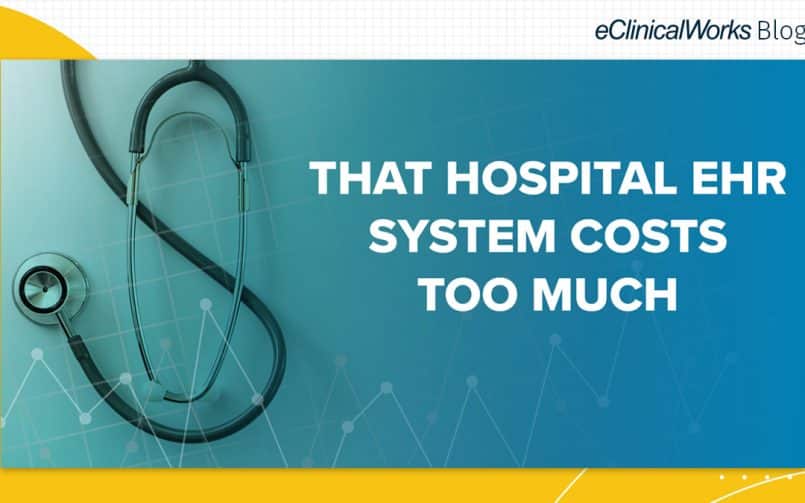
- 20 September, 2022
- blog
That Hospital EHR System Costs Too Much
Many private practices and physician-owned organizations affiliated with hospitals are told they must use a hospital Electronic Health Record (EHR). That is simply not the case.
Read Continue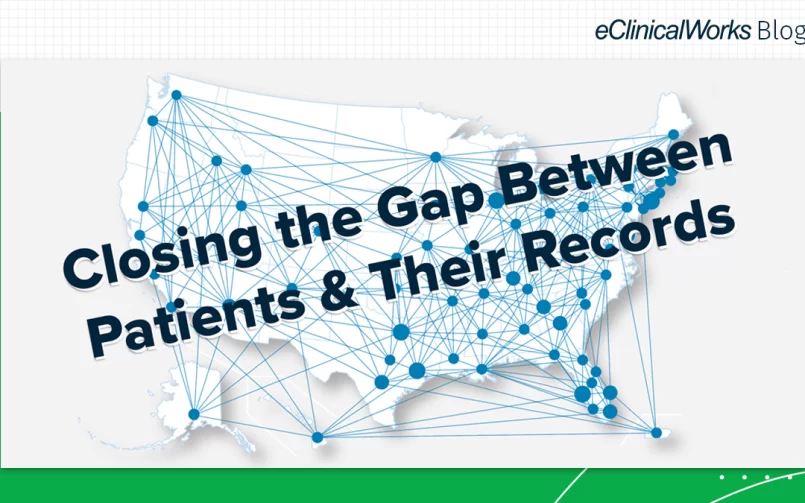
- 27 July, 2022
- blog
Closing the Gap Between Patients and Their Records
From Tiffin to Coldwater, from Pauling to Upper Sandusky, orthopedic patients in Northwest Ohio are never far from one of the offices of the Orthopaedic Institute of Ohio (OIO). But the more important point is this: No matter which office provides care, the distance between the patient and that patient’s records is essentially zero.
Read Continue
- 15 February, 2022
- blog
Handling Hospital ADT Notifications With Direct Messaging
Every driver has had that experience of going to make a lane change only to realize that there is a vehicle in their blind spot, forcing them to make an abrupt course correction. Something like that also happens in healthcare.
Read Continue
- 30 November, 2021
- blog
Toward the Liberation of Medical Data
Since ancient times, humans have used silos for the storage of crops. Efficient and sometimes elegant, such silos have helped sustain and advance human civilization. In the last century or so, however, humans have begun putting data into silos, with decidedly mixed results.
Read Continue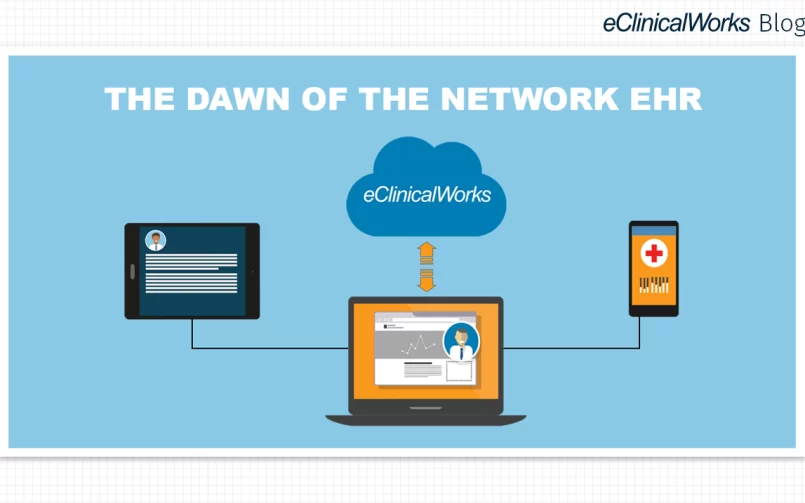
- 11 November, 2021
- blog
The Dawn of the Network EHR
During this year’s virtual eClinicalWorks® and healow® National Conference, CEO Girish Navani cited technology pioneer John Gage’s phrase, “The network is the computer.”
Read Continue